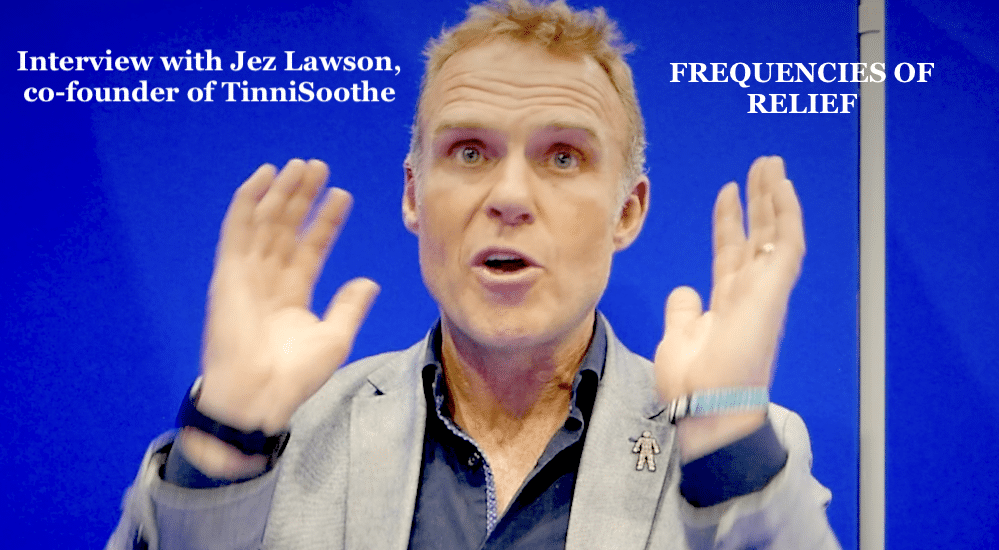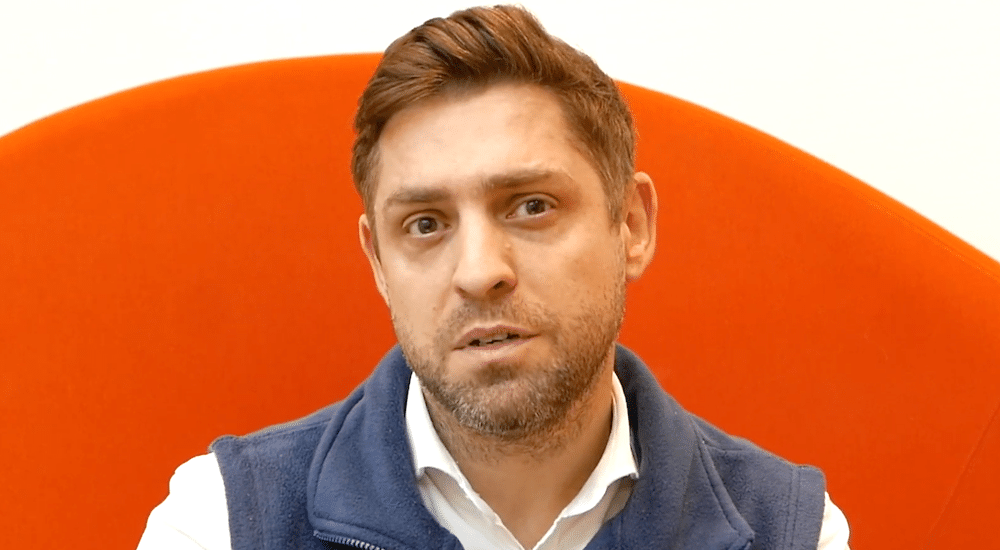Beethoven finally gets his hearing back for the 9th!
icons
In the year celebrating the 250th anniversary of Ludwig Van Beethoven's birth, the great Bonn composer's hearing has been semi-restored, at the expense perhaps of some of his kudos as a martyred great.

A musicologist named Theodore Albrecht, professor at Kent State University, Ohio, USA, is claiming that although Beethoven ˝did what he did in the face of overwhelming difficulty˝, his hearing was not as bad as has traditionally been made out. On revealing his research, Albrecht told The Guardian newspaper that Ludwig Van was ˝not completely deaf at the premiere of his Ninth Symphony in May 1824. He could hear, although increasingly faintly, for at least two years afterwards, probably through the last premiere that he would supervise, his String Quartet in B-flat, Op 130, in March 1826.˝
The musicologist's evidence comes from discovering and rigorously researching and translating ˝conversation books˝ carried around by Beethoven to help him communicate with friends and fellow musicians. At the time, the only device available to aid hearing was the ear trumpet.
These "conversation books" have seemingly been in full view for years—one, for example, in the Beethoven-Haus museum in Bonn, and another in Berlin State Library—yet only now have they been submitted to careful research. Albrecht has so far found 23 direct references to the subject of hearing, and estimates that several dozen more will show “he could still hear something”.
What this musicologist's findings challenge is the long-endorsed theory that Beethoven favoured lower and middle-range notes in his compositions and began to use high notes again only once he was totally deaf, drawing on memory and imagination. The possible exaggeration of Beethoven's deafness romanticises the composer's hearing plight and increases his heroic stature as a symbol of classical music culture. With new evidence, the role of Beethoven's hearing loss in the composition of key pieces will be reassessed, perhaps dimming one of the longest-glowing halos in musical history.
Albrecht certainly challenges the traditional interpretation of the case, and told The Guardian: “I don’t think it holds. Otherwise, what do you do with the piccolo in the Ninth Symphony – up there on top – and the contrabasses down below? All the registers are there.”
When Albrecht finally publishes his work, the content of the conversation accounts will occupy 12 volumes. In one account from the books, Beethoven recalls giving a stranger the following advice: “Baths [and] country air could improve many things. Just do not use mechanical devices [ear trumpets] too early; by abstaining from using them, I have fairly preserved my left ear in this way.˝
Source: The Guardian
 Sign in
Sign in

